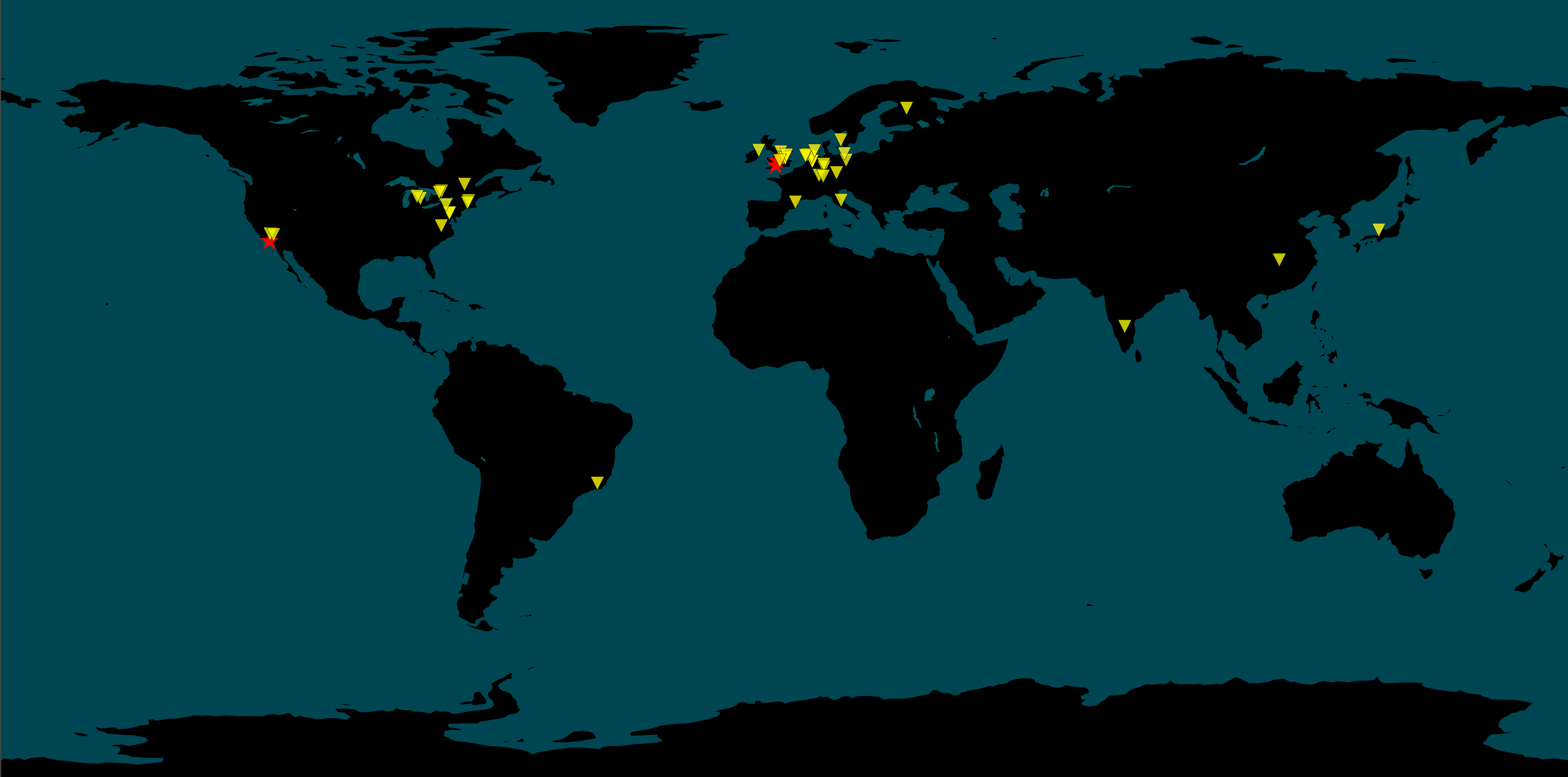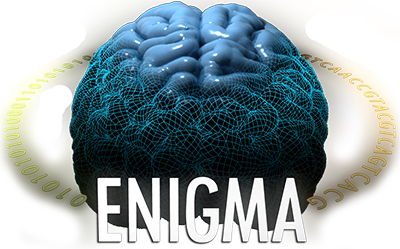
ENIGMA-Antisocial Behavior Working Group (ENIGMA-ASB) include investigators from different centers around the world who are actively engaged in research on antisocial behavior across the lifespan. The Working Group’s initial goal is to demonstrate the value of performing collaborative, large-scale meta- and mega-analyses of neuroimaging data collected across multiple centers to clarify the associations between Conduct Disorder/Problems, Psychopathy, or Antisocial Personality Disorder and alterations in brain structure and function. Future goals will potentially include examination of related phenotypes such as aggression, use of population-based samples with dimensional measures of antisocial behavior available, and genetic data from case-control and population-based studies integrated with neuroimaging measures. Together, this database will likely be useful to investigators both within and outside of the Working Group who may want to conduct transdiagnostic analyses. The ENIGMA-Antisocial Behavior Working Group has been set up to answer questions that cannot be addressed by individual research groups, and provide more reliable and replicable findings in the field.
This working group is chaired by Drs. Stéphane De Brito, Graeme Fairchild, Moji Aghajani, Charlotte Cecil, Arielle Baskin-Sommers, Daniel Pine, Yidian Gao, Marlene Staginnus, and Jules Dugré.
If you think you may have imaging or genetic data that are relevant to this topic, we invite you to join this collaborative initiative and contact either one of the individual chairs or email the Working Group chairs at the generic ENIGMA-Antisocial Behavior email address: enigma.antisocial@gmail.com
Projects and their status
Published Projects:
- Conduct Disorder [Youths, Case-Control], preregistration & publication
Yidian Gao, Marlene Staginnus, Graeme Fairchild, Stéphane De Brito
Centre for Human Brain Health, School of Psychology, University of Birmingham, United Kingdom | University of Bath, United Kingdom
Ongoing Projects:
- Conduct Problems [Youths, Dimensional], preregistration
Marlene Staginnus, Yidian Gao, Stéphane De Brito, Graeme Fairchild
University of Bath, United Kingdom | Centre for Human Brain Health, School of Psychology, University of Birmingham, United Kingdom
“Investigating Dimensional Relationships Between Conduct Problems and Brain Structure: An ENIGMA Mega-Analysis”
- Cross-Disorder [Youths, Case-Control], preregistration
Sophie Townend, Graeme Fairchild
University of Bath, United Kingdom
“Identifying shared and distinct alterations in the brain structure of children and adolescents with internalising or externalising disorders: Findings from the ENIGMA ASB, ADHD, MDD and Anxiety Working Groups”
- Psychopathy [Adults], preregistration
Sally Chester, Stéphane De Brito
Centre for Human Brain Health, School of Psychology, University of Birmingham, United Kingdom
“Cortical structure and subcortical volume in adults with psychopathy: A multi-site mega-analysis from the ENIGMA Antisocial Behavior working group”
- BrainAGE [Youths], preregistration
Jules R. Dugré, Stéphane De Brito
Centre for Human Brain Health, School of Psychology, University of Birmingham, United Kingdom
“Brain Age in Conduct Disorder: A Mega-Analysis from the ENIGMA Antisocial Behavior Working Group”
- Cross-Disorder [Youths, Dimensional]
Sophie Townend, Graeme Fairchild
University of Bath, United Kingdom
“Identifying structural brain correlates of general and specific dimensions of psychopathology in youth with internalising and externalising disorders: Findings from the ENIGMA Consortium”



